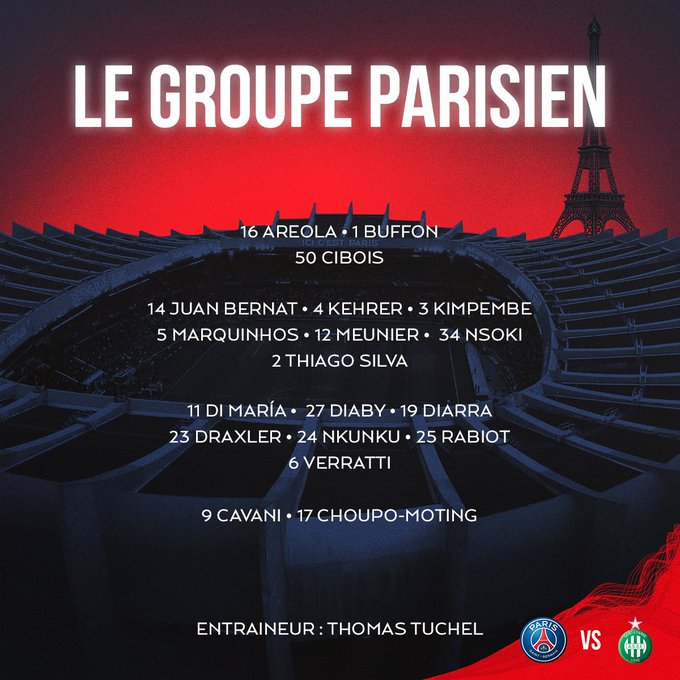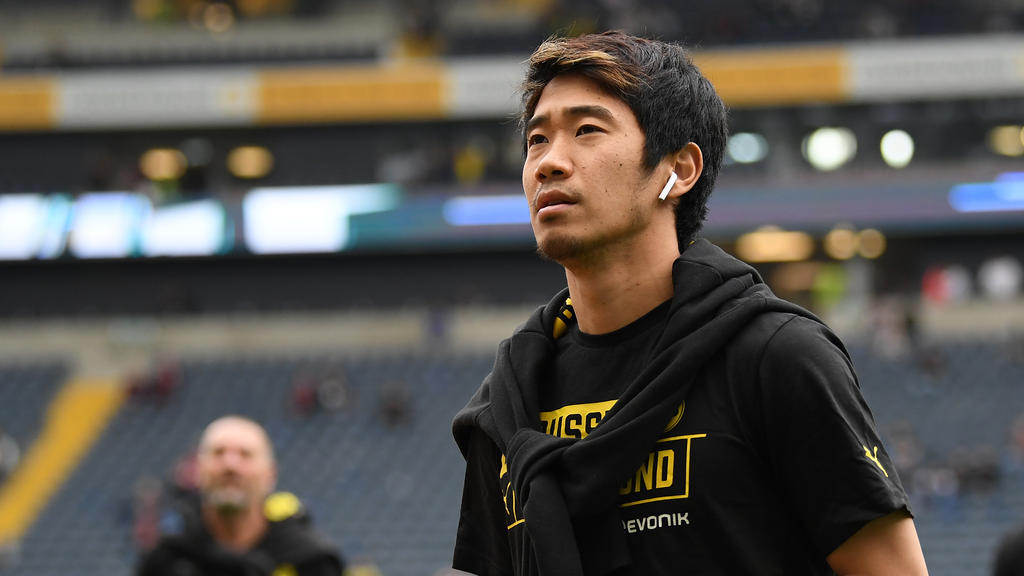BVB Borussia Dortmund dominates the popular culture of the city it calls home in a way that no other Football club does. Absolutely everything, EVERYTHING, in Dortmund is black and yellow; fans have covered the city in graffiti, stickers and decorations that commemorate BVB with its iconic and striking colour scheme. The otherwise relatively humdrum town goes mad for its Football club, an organisation known the world over.

Yet, as you repeatedly pass Schwaz-Gelb lampposts, park benches, shopfronts and fire hydrants, you begin to notice an odd pattern. Many Borussia Dortmund fan stickers and decorations feature a common stencil design of a young man in a single pose. The more time you spend in the city, the more you notice this face, as if the owner is in some way following you, the visitor, as you stride through his manor. The Unity, BVB’s leading Ultra group, uses this image constantly in their work. Their members are probably the individuals responsible for reproducing this design that you see so frequently. The owner was a gentlemen who went by the name August Lenz, and he is a key figure in the history of Borussia Dortmund.
Born in Dortmund itself on the 29th of November 1910, Lenz was a keen Football player for much of his youth though only at amateur level, playing often for unofficial and unrecognised teams. Fans and Football historians only partially joke about his propensity to play for a case of beer prior to finally being given his chance at Borussia. Although originally a goalkeeper, Lenz was instructed to replace the injured striker Hannes Jakubowitz for a competitive match against local club TBV Mengede. While being considered a strange decision on the day, it proved to be an inspired one. Lenz scored between 7 and 11 goals (sources vary) on the way to a 14-0 victory (the final result is certain). The transition to striker was made permanent, and in 1936 Lenz was a key member of the BVB squad that achieved promotion to the Westphalian “Gaulliga” for the first time. It was 1949 before Lenz finally decided to draw the curtains on an astonishing striker career at the age of 38, having competed in over 1000 matches for BVB Borussia Dortmund; the only professional club he ever represented.

In the 30’s, BVB Borussia Dortmund was nowhere near the power it was to become in the 1990’s and the 21st century. Perpetually in the shadow of its neighbourhing rivals, the club did not consistently challenge for titles the way it does today. However, it was in this period that August Lenz became the first ever BVB player to represent the German National XI. The date was the 28th of April, 1935, in a match against Belgium. The scoreline tells the story. A 6-2 victory, with none other than Mr Lenz scoring a brace on his international debut. Lenz continued his international career, making a total of 14 appearances and scoring 9 goals. This may not sound like extraordinary success in our day, particularly when you compare this feat to the recent accomplishments of die Mannschaft, but Lenz’s breakthrough into the national side remains a source of great pride for BVB fans.
However, it is Lenz’s relationship with Borussia’s most bitter of rivals that has probably contributed to his club-hero status more than any other act. In the 1930’s, FC Schalke 04 were the dominant team in German Football, having won the national championship 5 times in 7 years. They stood a clear head-and-shoulders above Dortmund in this era, and the animosity between Schalke and BVB, the two contenders of the Revierderby, was strong even then. The Blau-Weiß Trikot of Schalke would’ve been the choice shirt to wear for pretty much any German Football player at the time. Yet Lenz allegedly snubbed the more successful club. Club legend tells the story that in 1938, Schalke player Ernst Kuzorra tried to persuade club chairman Fritz Unkel to sign Lenz from Dortmund, but Lenz showed no interest in joining the Blau-Weißen, choosing to continue his career with Borussia instead of switching to their biggest rival. This would become something of an annoyance for Schalke; on the 14th of October 1943, Lenz’s solitary goal would prove the difference in the Revierderby.

This is the defining moment in the sporting career of August Lenz that has culminated in his status as an iconic figure within the Borussia Dortmund fan culture. The man turned his back on what Dortmund fans consider to be their greatest enemy at the very height of their powers, choosing to stick with the club of the city he was born in. Almost a century later, it is still his face that fans are reproducing and distributing in the form of banners, stickers and graffiti. A building that sits on Strobelallee right outside the club’s stadium has been named after Lenz himself, and there is an “August-Lenz-Straße” in Dortmund. The German reverence for tradition and morality becomes fantastically obvious in this story, as Dortmund fans choose to honour the noble August Lenz instead of former or current Dortmund players who have achieved far greater things on paper.
August Lenz died on the 5th of December 1988 at the age of 78, but the ubiquity of his face and name in the city of Dortmund ensure that his legacy will live on for a long time.


















